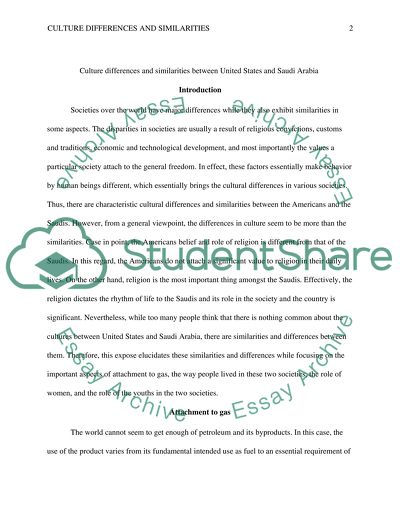Cite this document
(“Culture differences and similarities between United States and Saudi Research Paper”, n.d.)
Retrieved de https://studentshare.org/english/1439693-compare-and-contrast-the-cultures-between-united
Retrieved de https://studentshare.org/english/1439693-compare-and-contrast-the-cultures-between-united
(Culture Differences and Similarities Between United States and Saudi Research Paper)
https://studentshare.org/english/1439693-compare-and-contrast-the-cultures-between-united.
https://studentshare.org/english/1439693-compare-and-contrast-the-cultures-between-united.
“Culture Differences and Similarities Between United States and Saudi Research Paper”, n.d. https://studentshare.org/english/1439693-compare-and-contrast-the-cultures-between-united.


